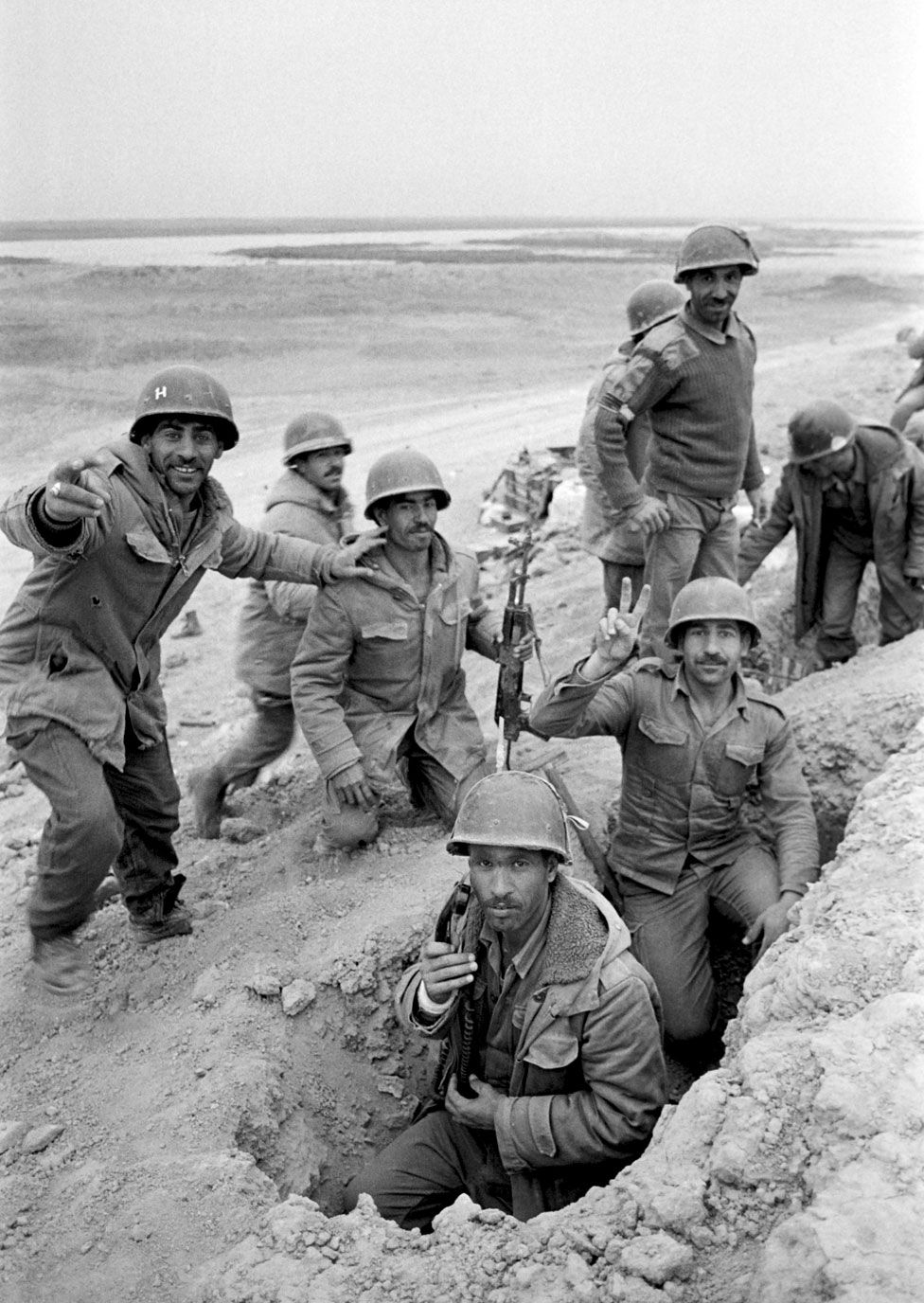Global security has been a topic of immense concern for decades, with nuclear proliferation standing out as one of the most significant threats. The international community has long grappled with the challenge of ensuring that nations do not develop nuclear weapons illicitly. Among these nations, Iran's nuclear ambitions have consistently drawn attention from global powers and international organizations alike.
In recent developments, alarms have been raised over Iran's advancements in uranium enrichment, sparking fears that the country might be closer to possessing nuclear weapons than previously thought. This situation has prompted urgent warnings from the United Nations, emphasizing the potential implications for global peace and stability. As tensions rise, understanding the intricacies of Iran's nuclear program becomes crucial for assessing future risks and formulating effective diplomatic responses.
Potential Nuclear Threats Emerge
Iran is reportedly enriching uranium to levels near weapons-grade, raising concerns among international observers. The warning over Iran's nuclear activities comes amidst reports suggesting that Tehran continues its unprecedented and grave nuclear escalation, according to Britain, France, and Germany. Despite Iran's insistence that it is not interested in obtaining nuclear weapons, the international community remains skeptical due to the rapid advancements in their nuclear capabilities.
The International Atomic Energy Agency (IAEA) has been closely monitoring Iran's nuclear activities, highlighting the nation's growing stockpile of enriched uranium. This development poses significant challenges to global non-proliferation efforts, as it indicates Iran may be learning critical lessons in producing weapons-grade uranium and breaking out to nuclear weapons.
As Iran boosts its stockpile of near-weapons grade uranium, there are increasing calls for both diplomatic engagement and potential military intervention. Analysts argue that this situation necessitates immediate action to prevent further escalation, while others advocate for continued dialogue and negotiation to resolve the issue peacefully.
US Concerns Mount Over Iranian Breakout Capacity
With the United States warning that Iran is just weeks away from developing the capacity to make a nuclear weapon, there is significant disagreement on how to address this threat. Some experts emphasize the urgency of stopping Iran's development of fissile material through decisive measures, while others stress the importance of steady diplomacy to avoid conflict.
VOA reports indicate that Israel has also warned of likely strikes against Iran's nuclear program in the coming months, adding another layer of complexity to an already tense geopolitical landscape. Such actions could potentially destabilize the region further, underscoring the need for careful consideration of all available options.
Meanwhile, discussions between world powers aim to revive the 2015 nuclear deal, which aimed to ensure Iran could not develop atomic weapons by limiting its nuclear activities. However, given the current trajectory of Iran's nuclear program, achieving such an agreement appears increasingly challenging.
International Response and Diplomatic Efforts
French President Emmanuel Macron has issued a stark warning that Iran's nuclear program is nearing the point of no return, urging strategic discussions with the United States regarding Tehran's actions. In December, the head of the UN nuclear watchdog expressed similar concerns, emphasizing the urgency of addressing Iran's nuclear advancements before they reach critical thresholds.
This situation highlights the necessity for coordinated international efforts to mitigate the risk of nuclear proliferation. Diplomatic channels remain open, albeit fraught with difficulties, as key stakeholders attempt to navigate complex relationships and competing interests. The success of these endeavors will depend heavily on the willingness of all parties involved to engage constructively.
Ultimately, the resolution of Iran's nuclear issue hinges on finding a balance between deterrence and dialogue. It requires fostering trust among adversaries and committing to long-term solutions that safeguard global security while respecting national sovereignty.

